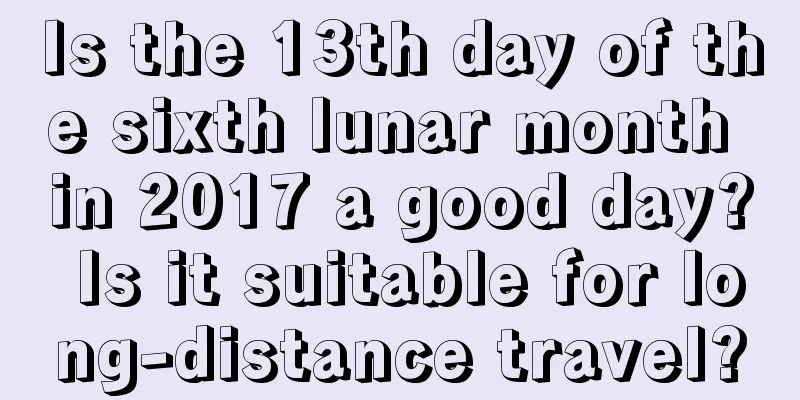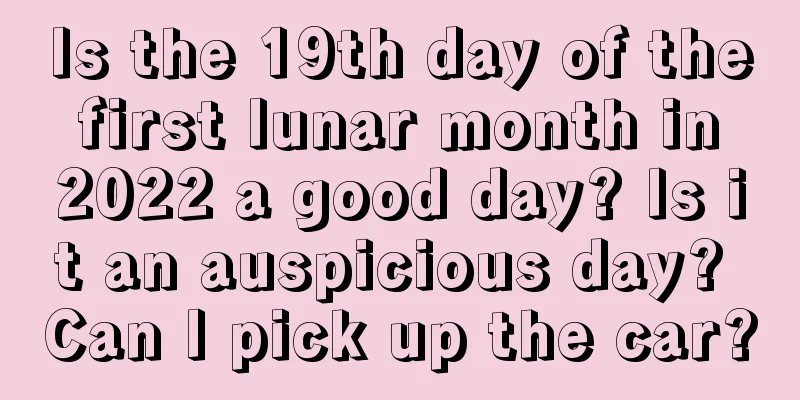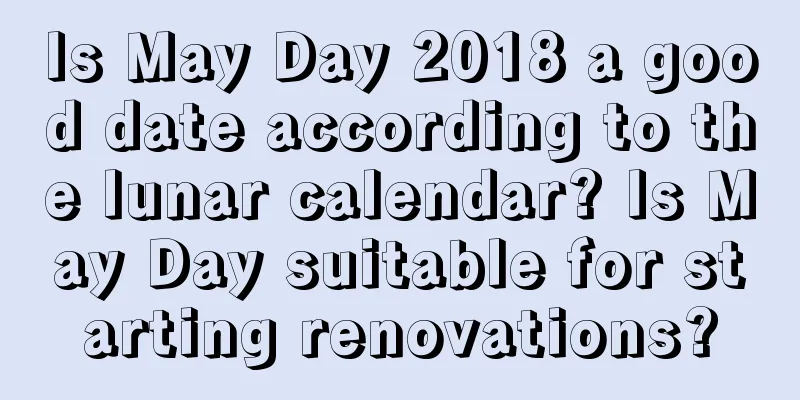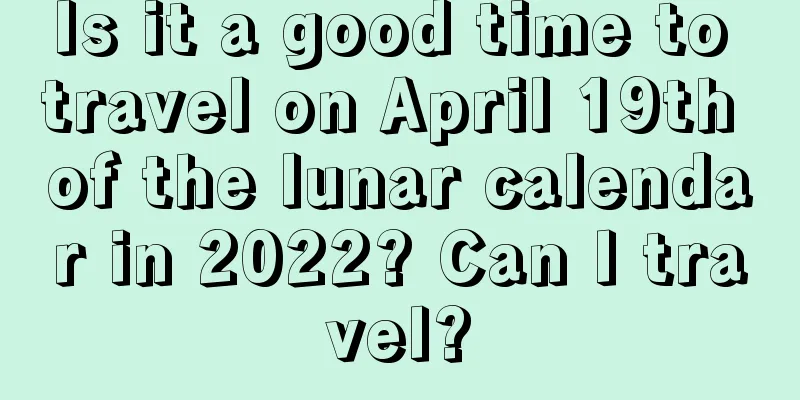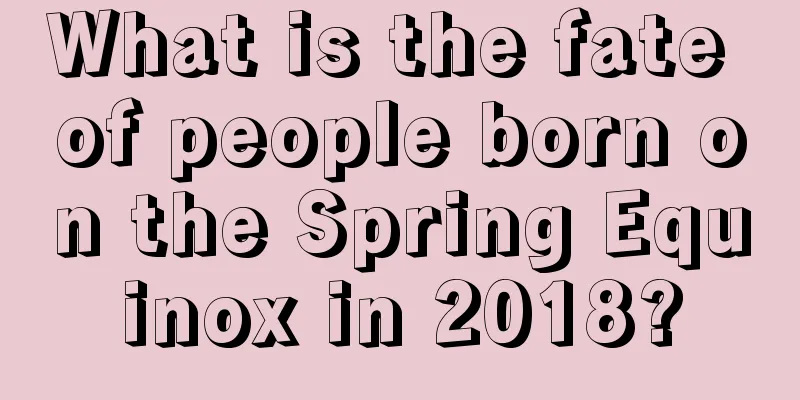Will highways be free on New Year’s Day 2019? And how many days will they be free?
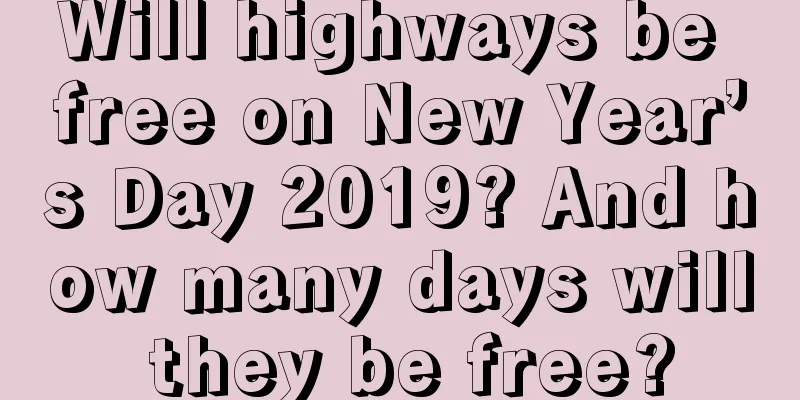
Will highways be free on New Year’s Day 2019? How many days will highways be free on New Year’s Day? January 1st of every year marks the arrival of the new year. People are accustomed to calling this day "New Year's Day", commonly known as the "Gregorian Year". If you want to know more about the exciting content of November 2018 in the lunar calendar, please visit Mr. Shui Mo’s website!Will highways be free on New Year’s Day 2019? How many days free?New Year's Day holiday time: December 30th ~ January 1st New Year's Day holiday adjustment time: December 29th (Saturday) working New Year's Day holiday days: 3 daysFree highway time: There will be no free highway on New Year’s Day 2019. According to relevant documents issued by the Ministry of Transport of China, the policy of free highway access for small passenger cars with 7 seats or less (including 7 seats) is only implemented during the Spring Festival, Qingming Festival, Labor Day and National Day, but not on New Year's Day. What customs are there in different countries around the world on New Year’s Day?1. Germany Germans attach great importance to New Year's Day. They believe that how well they spend New Year's Day is directly related to their luck in the coming year. On New Year’s Eve, people light lanterns and set off fireworks to “suppress evil spirits” and bid farewell to the old and welcome the new. Before the New Year's bell rings, many Germans will climb onto a chair, and when the bell rings, they will jump down and run behind the chair to show that they are getting rid of disasters. In rural Germany, there is still a custom preserved - tree climbing competition. It is said that the person who climbs the highest will be hailed as the "New Year's Hero" and will be envied by others. Germans also have the custom of wearing new clothes on New Year's Day. They believe that if they change into new clothes on New Year, everything will be fine; if they wear random clothes on New Year's Day, the whole year will be unlucky.2. France: New Year's Day in France was originally on April 1st every year. It was not until 1564 that King Charles IX changed it to January 1st. On New Year's Eve, French families gather together and drink champagne around the table. According to tradition, every family must drink up all the wine they have stored to avoid bad luck in the coming year; everyone should get drunk so that the new year can have a new beginning. Early in the morning on January 1st, parents will give their children "lucky money" to show their love and care for them. The French believe that the weather on New Year's Day is a sign of the good fortune of the coming year. Early in the morning on New Year's Day they would go to the streets to look at the wind direction for divination: if the wind blew from the south, it would indicate good weather and a peaceful and hot year; if the wind blew from the west, it would mean a bumper year for fishing; if the wind blew from the east, there would be a high yield of fruit; and if the wind blew from the north, it would mean a poor harvest. 3. The United States, as an immigrant country, has a short history, so the folk celebrations on New Year's Day are relatively dull compared to those in other countries. Apart from revelry and eating and drinking, people mostly stay at home watching TV or sleeping. However, the New Year's Day celebration in California is unique. When the new year comes, roses are placed everywhere in the streets and alleys, and dozens of flower-decorated floats carrying young girls in dresses pass by slowly. During the festival, people will select the Rose Queen and Rose Princess of the year and welcome the new year with appreciation of beauty. 4. Thailand’s traditional New Year, Songkran (Songkran is the transliteration of Sanskrit), also known as the Water Splashing Festival, is held from April 13 to 16 of the Gregorian calendar every year. During the festival, people carry or ride on huge Buddha statues when traveling. Behind the statues are floats with made-up "Songkran Goddesses" standing on them. Groups of young men and women, dressed in colorful ethnic costumes, beat long drums, and sing and dance. On both sides of the road where the parade passed, devout men and women lined the road, pouring water soaked in palm leaves and infused with spices from silver bowls onto Buddha statues and the "Songkran Goddess", praying for good luck in the new year and good weather. Then people sprinkled water on each other, happily wishing their elders good health and longevity, and their relatives and friends good luck in the new year. Unmarried young men and women used water splashing to express their love for each other. On the first day of the New Year, Thai people put a basin of clean water on the windowsill or doorstep, and every household goes to the rivers in the suburbs to take a New Year bath. To celebrate the New Year, Thais hold a large-scale "Elephant Racing Conference", which includes: tug-of-war between humans and elephants, elephants jumping to pick up objects, elephants straddling humans, elephant football matches, ancient elephant formation performances, etc., which are very exciting and moving. 5. Japan: The Japanese attach great importance to the New Year. December 29th to January 3rd of each year is a national holiday. The Japanese call December 31st "Oishi", which is New Year's Eve. The Japanese call New Year's Eve "New Year's Eve". On New Year's Eve, they pray to the gods for blessings, bid farewell to the troubled old year and usher in a beautiful new year, which is called "Hatsumode". At midnight on New Year's Eve, temples in cities and towns ring bells 108 times to drive away evil. The Japanese sit quietly and listen to the "New Year's Eve bell". When the bell stops, it means the new year has arrived. People get up and go to bed, hoping for a good dream. On the morning of New Year's Day, family members sit together and tell each other the dreams they had on New Year's Eve to predict good or bad luck. The Japanese call the first day of New Year "Seinichi". 1st to 3rd are the “Three Celebration Days”. |
<<: Is New Year’s Day 2019 a good day for marriage?
>>: What are the customs of Chinese New Year's Day?
Recommend
Where is the God of Wealth on October 18, 2020? Where can’t the statue of the God of Wealth be placed?
The tenth month of the lunar calendar is now also...
What is the fate of a boy born on Arbor Day in 2019?
The Arbor Day in 2019 is on March 12th of the Greg...
Is it auspicious to get pregnant during the Ghost Festival? Analysis of the good and bad luck of the Ghost Festival in 2020!
The Zhongyuan Festival is a traditional festival i...
Is the 2019 Chinese Valentine's Day an auspicious day? Check the auspiciousness and inauspiciousness of the 2019 Chinese Valentine's Day!
Introduction: In the traditional culture of our co...
Is it suitable to get married on October 29th of the lunar calendar in 2020?
The lunar calendar is the traditional Chinese cal...
Is the fate of people born in the Rain Water period good or bad? What is their personality?
Otters offer fish as sacrifice, wild geese come, a...
Is the 29th day of the ninth lunar month in 2019 a good day for a haircut?
The ninth month of the lunar calendar is already d...
Is it possible to start renovation on the third day of the tenth lunar month in 2017?
Introduction: The speed of social development is g...
Is May 30 a good day to get a haircut this year? Check the lunar calendar for that day
The fifth month of the lunar calendar is usually c...
Analysis of the fate of girls born on the 30th day of the 12th lunar month in 2018
Is the fate of a girl born on the New Year’s Eve o...
What day is May Day in 2019? Is today's Labor Day in 2019 an auspicious day?
Introduction: May Day is an important legal holida...
Is it suitable to worship ancestors on March 12th of the lunar calendar in the Year of the Rat 2020?
Is it suitable to worship ancestors on March 12th ...
Is it okay to get married on the 18th day of the sixth lunar month in 2017? Is it suitable for engagement and getting a marriage certificate?
1. What day is June 18th in the lunar calendar of...
Is the 21st day of the first lunar month in 2022 a good day? Can I worship my ancestors and visit their graves?
The first month, also known as the month of Zhengy...
When is Women's Day in 2022? Is Women's Day a holiday for married women?
International Women's Day is a holiday celebra...
